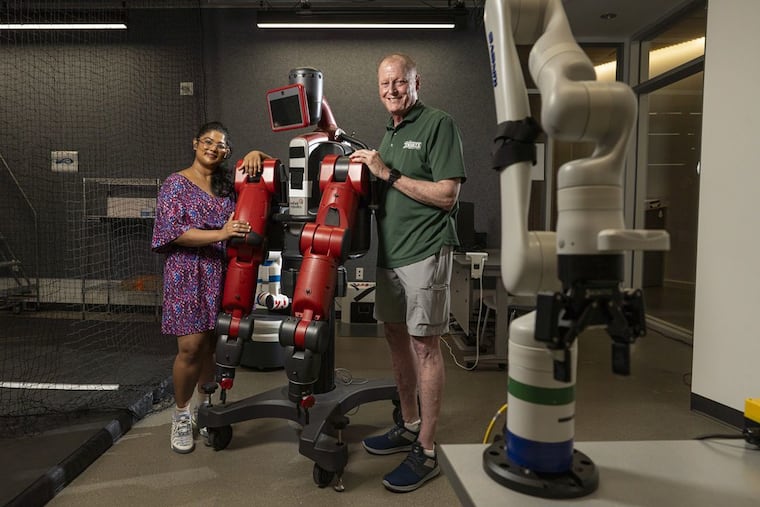International students play a crucial role in driving innovation and growth within the economy.
Pittsburgh’s economic landscape is undergoing a significant transformation, moving away from its historical roots in steel manufacturing towards a vibrant technology hub, largely driven by the influx of international students. One notable example is Saisri Akondi, who relocated from India to pursue a master’s degree at Carnegie Mellon University, where she has already co-founded a startup. Her company, D.Sole, is developing advanced insoles designed to identify complications associated with diabetes, which affects millions and leads to approximately 6.8 million amputations annually.
The influence of technology companies in Pittsburgh cannot be overstated, as they now account for a substantial portion of the local workforce and contribute approximately .5 billion in annual salaries. According to the Pittsburgh Technology Council, these firms represent a significant shift from traditional industries like steel. The ongoing transformation has generated a burgeoning tech sector that includes well-known giants such as Google and Apple, alongside burgeoning startups that thrive on the innovative talents of international graduates.
International students like Akondi play a crucial role in this evolving landscape, not only bolstering university revenues but also enhancing the local economy through research, innovation, and entrepreneurship. Many of these students, particularly in master’s and doctoral programs, contribute significantly to fields like science, technology, engineering, and mathematics (STEM), filling roles that are increasingly vital to the U.S. economy. A recent report indicated that over a third of graduate degrees in these disciplines are earned by international students, underscoring their importance to economic growth.
Pittsburgh has emerged as a global center for autonomous vehicle technology, with companies such as Uber and Motional establishing operations in the area, following the region’s strategic investments in education and research. The city has also seen a rise in successful startups, many of which were founded by individuals who immigrated to the U.S. as students.
Despite the opportunities, there are concerns regarding recent visa policies that may hinder the attractiveness of American universities to international students, leading to potential declines in enrollment. The National Science Foundation noted that international graduates are essential to drive innovation and economic development, and any decrease in their presence could adversely impact research and entrepreneurship in tech sectors.
As the landscape continues to evolve, the contributions of international students remain integral to both Pittsburgh’s revitalization and the broader U.S. economy, with their diverse perspectives fostering innovation and addressing global challenges.







